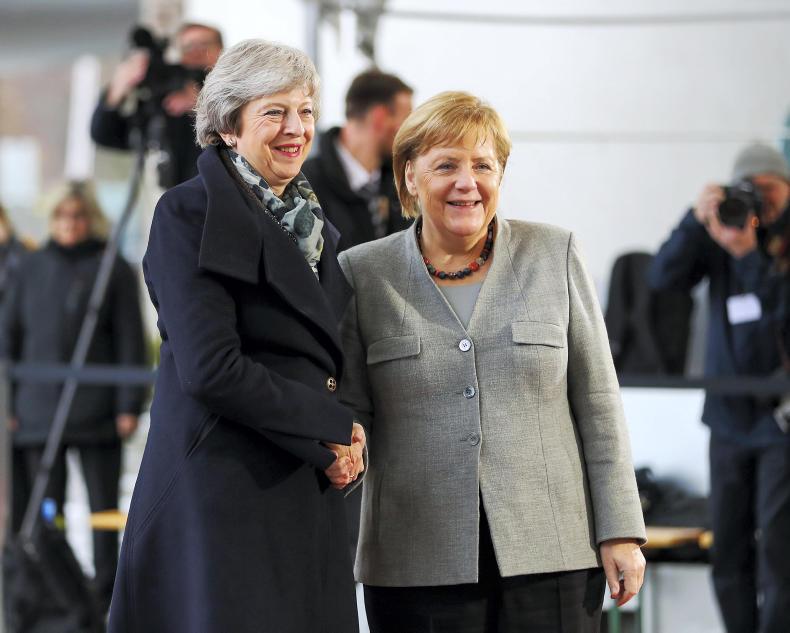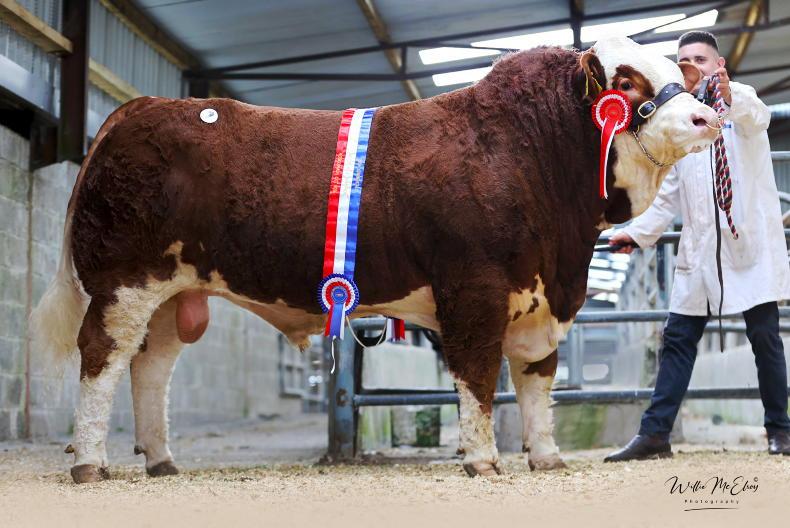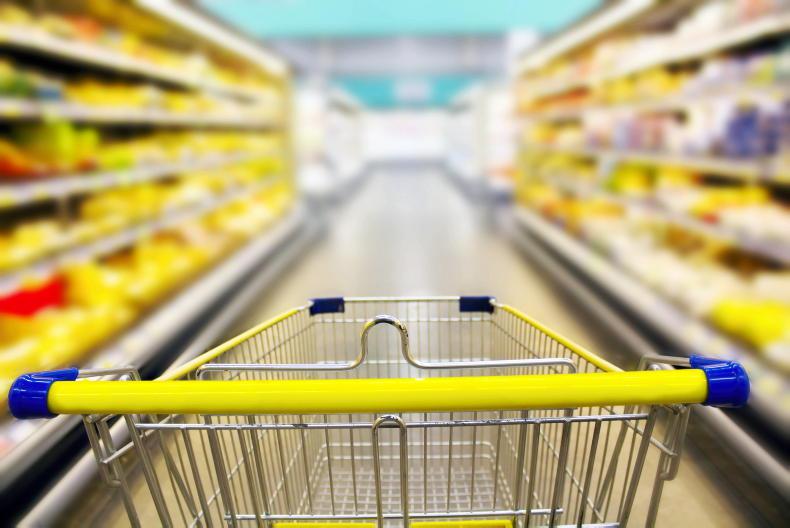Farmers across the island of Ireland live with uncertainty – it is part of the business. It also has many forms. The two major ones traditionally are market prices for farm produce and production costs often driven by unseasonable weather or market forces outside farmers’ control. All of these cause uncertainty for farmers but they are predictable uncertainties, normal business risks that go with the territory of being a farmer. Periodically, there are other issues such as changes in Government policy, CAP reform and EU trade negotiations which have an impact on agriculture.
Immediate Brexit impact
Brexit has brought a whole new level of uncertainty to farming on the island of Ireland and in Britain, with the potential of being extended to the entire EU if there is a no-deal Brexit. This uncertainty began as soon as the vote was announced, with a big drop in the value of sterling against the euro, leading to an immediate cut in process paid to farmers for produce, particularly beef that was dependent on the UK market.
In the almost three years since, the news has been filled with Brexit stories and what would happen to the economies of the EU and UK. Multiple options for future trading arrangements have been explored but the bottom line is that within hours of the second Brexit deadline, uncertainty continues to prevail. The latest twist to what has become a soap opera – is the soon to depart UK prime minister trying to cobble a deal together with the opposition Labour Party, which is as divided as her own.
Another trip to Brussels
As we go to press, the UK prime minister is making her way to the latest heads-of-state meeting in Brussels looking for another extension – this time to 30 June 2019. Parliament has instructed her to seek an extension rather than depart without a deal this Friday night at 11pm. The general feeling in Brussels this week is that while the wider EU is frustrated by the UK, there is also a desire to avoid a no-deal Brexit as well, not least because of the chaos it would cause both sides of the Irish border. It has become increasingly clear that no matter how much talk there may be about not wanting a hard border on the island of Ireland, it is inevitable if the UK leaves the EU and becomes a third country trading under WTO rules from 11.01pm on Friday night. Details have been emerging over recent days of the logistics that would be required to trade in this new environment. It would involve 24-hour notice of shipments and entrance at one of the approved ports. That is before the prohibitive impact of WTO tariffs was calculated, something that in itself would effectively stop trade on a north-south basis.
Irish trade
If the worst was to happen with a no-deal Brexit, there would be greater flexibility for Irish trade with Northern Ireland and Britain, at least in the short-term. The UK government, when it published its tariff schedule a few weeks ago, made clear that Irish exports to the North would continue uninterrupted for all produce and even produce from the Republic of Ireland to Britain could continue to transit through Northern Ireland tariff and inspection-free if that was the route they historically used.
Irish exports to Britain directly would become subject to tariffs immediately, which would put a stop to lamb sales because they are set at full WTO rates and hinder butter and cheddar even though they are at a relatively low level of €200t and €400t respectively. Beef would probably be OK in the short-term because of the tariff quota and the fact that there would be a lead-in period before South American countries could take full advantage of it.
Ultimately, another Brexit extension for the UK would mean a no-deal Brexit is avoided for now. However, for farmers as well as the usual battles with nature and the markets, the uncertainty of Brexit is going to prevail for some time to come.









SHARING OPTIONS